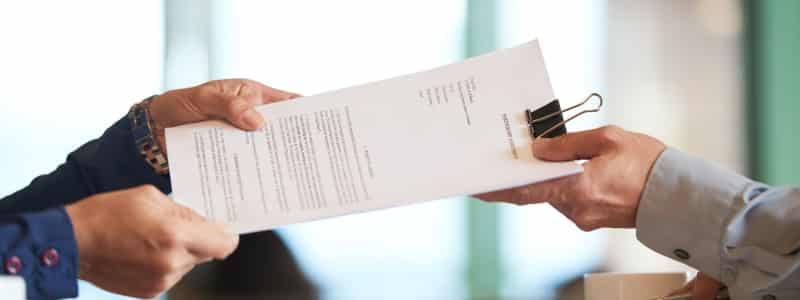Former Legal Tech Intern at Lawpath, interested in law, healthcare, communications, design, and technology.
A necessary part of running a business is securing enough money to fund its operations. A common way of doing this is borrowing money. This carries with it the promise of repaying the lender at a future date, also known as debt financing. Whether you’re the borrower or lender, it’s important to keep documentation which clearly defines each party’s legal rights and obligations. Depending on the circumstances, this could include a simple promissory note, loan agreement, debenture agreement and register of debentures, or a deed of charge to list a few examples.
This article will explain how a deed of charge works and how it can benefit you.
What is a Deed of Charge?
A deed of charge is a document which typically records an arrangement between two companies, where one business lending money to another receives a security interest in the borrower’s assets. This means that a charge against the borrower’s property is created, that is, the borrower must give their assets to the lender if the borrower doesn’t repay the loan. As such, it is essentially a mortgage over business property (such as manufacturing machinery) for company loans. Indeed, it’s not so different from having a mortgage to secure a home loan from a bank for example.
Do You Need to Register It?
Prior to 2012, you had to register deeds of charge with ASIC within 45 days for it to be effective. However, deeds of charge over personal property must now instead be registered on the Personal Property Securities Register (PPSR) within 20 business days of creation. Failure to do so affects the enforceability of the lender’s right to the property if the borrower doesn’t pay them back. Further, failure to register the deed on time could lead to competing claims over the property. These claims may end up taking precedence over the lender’s interest.
Most notably, personal property in this context refers to any type of property that is not land.
How Can it Help You?
For borrowers, the key benefit of a deed of charge is that it increases the resources available. This allows borrowers not only to maintain their cashflow, but also grow their business.
For lenders, a deed of charge reduces risks of loss on their investment if the borrower fails to repay them. This is because it grants them control over the borrower’s assets upon default. It also lowers the risk of the borrower not repaying the loan in the first place, due to the lender’s power over their assets if they should not pay.
Having a deed of charge can also benefit both parties by creating an enforceable agreement with clearly defined rights and obligations. Indeed, it aligns the expectations of both companies in terms of how payments to the lender need to be made and what the consequences are if these conditions aren’t met. It can also set out other relevant matters, such as what insurance and ongoing business practice obligations exist for both parties.
Conclusion
A deed of charge can be useful for companies who wish to grow their business. It can also be helpful for companies who want to ensure repayment.
For further information on deeds of charge and on what forms of business financing are best for your company, you may wish to speak with a business finance lawyer.
Have more questions? Contact a LawPath consultant on 1800 529 728 to learn more about customising legal documents and obtaining a fixed-fee quote from Australia’s largest legal marketplace.

Get a fixed-fee quote from Australia's largest lawyer marketplace.






